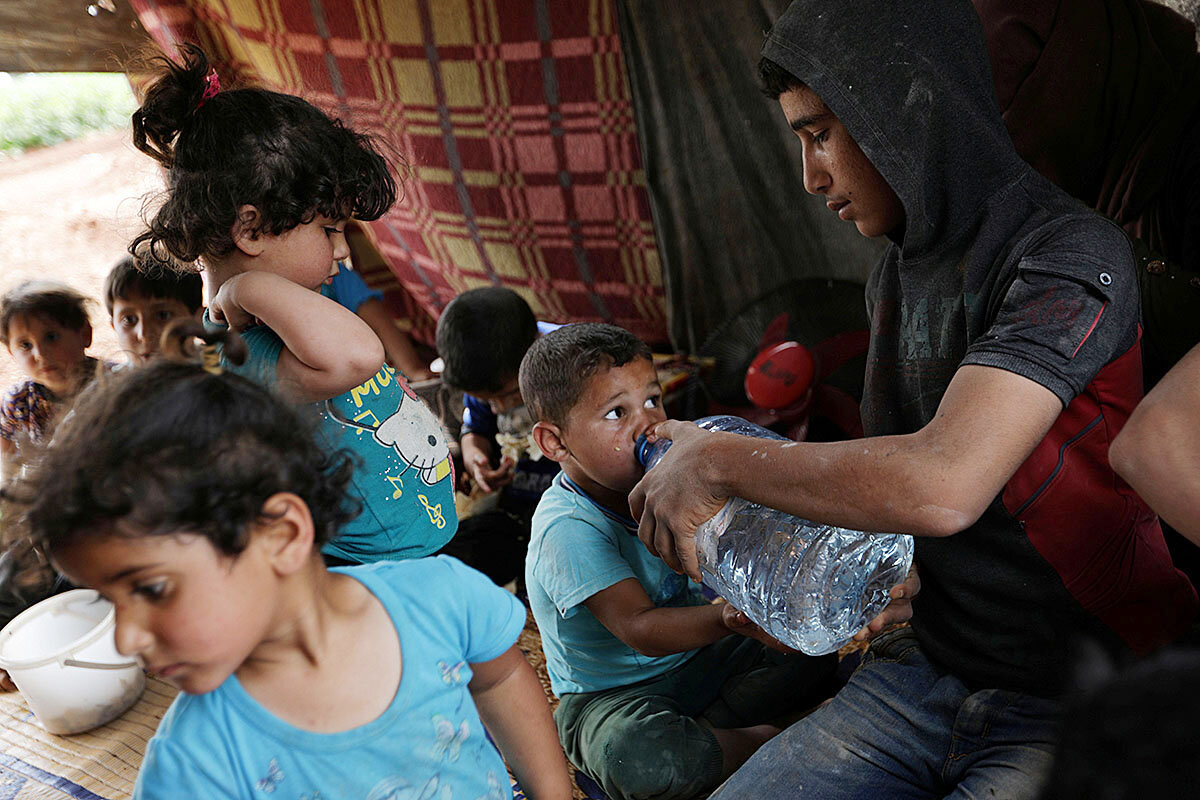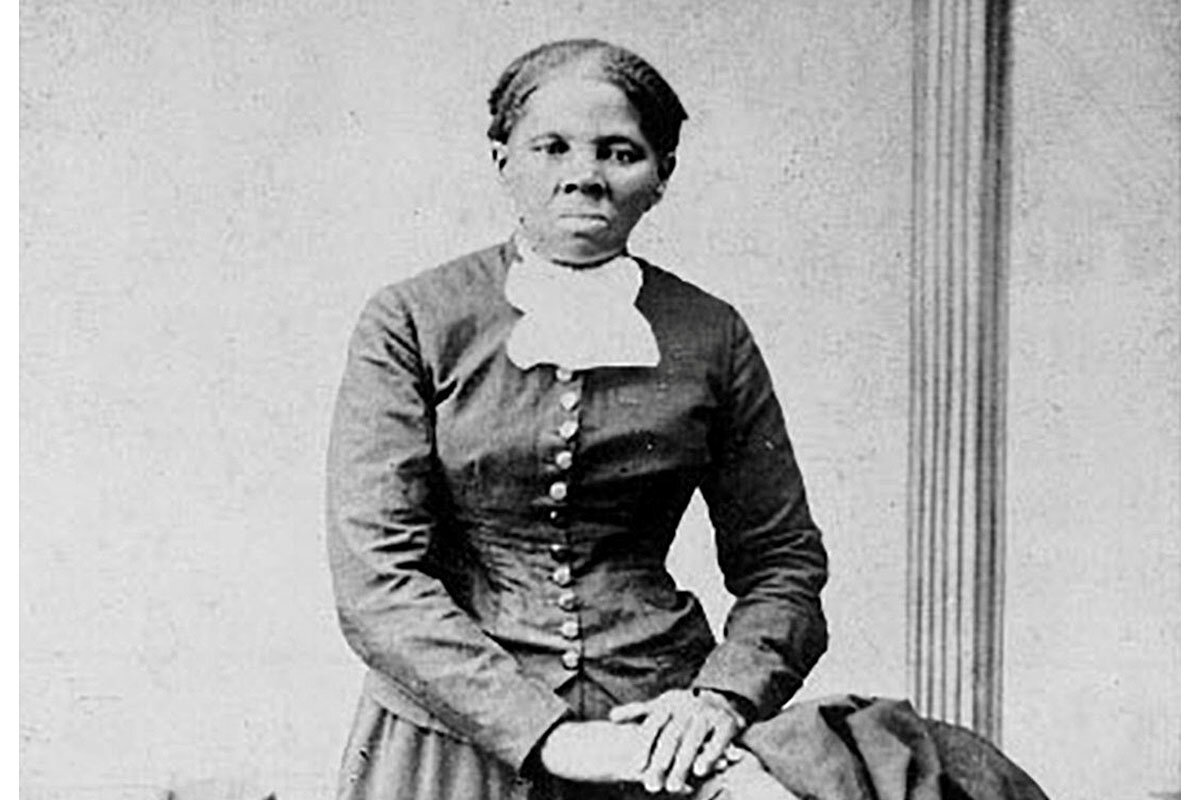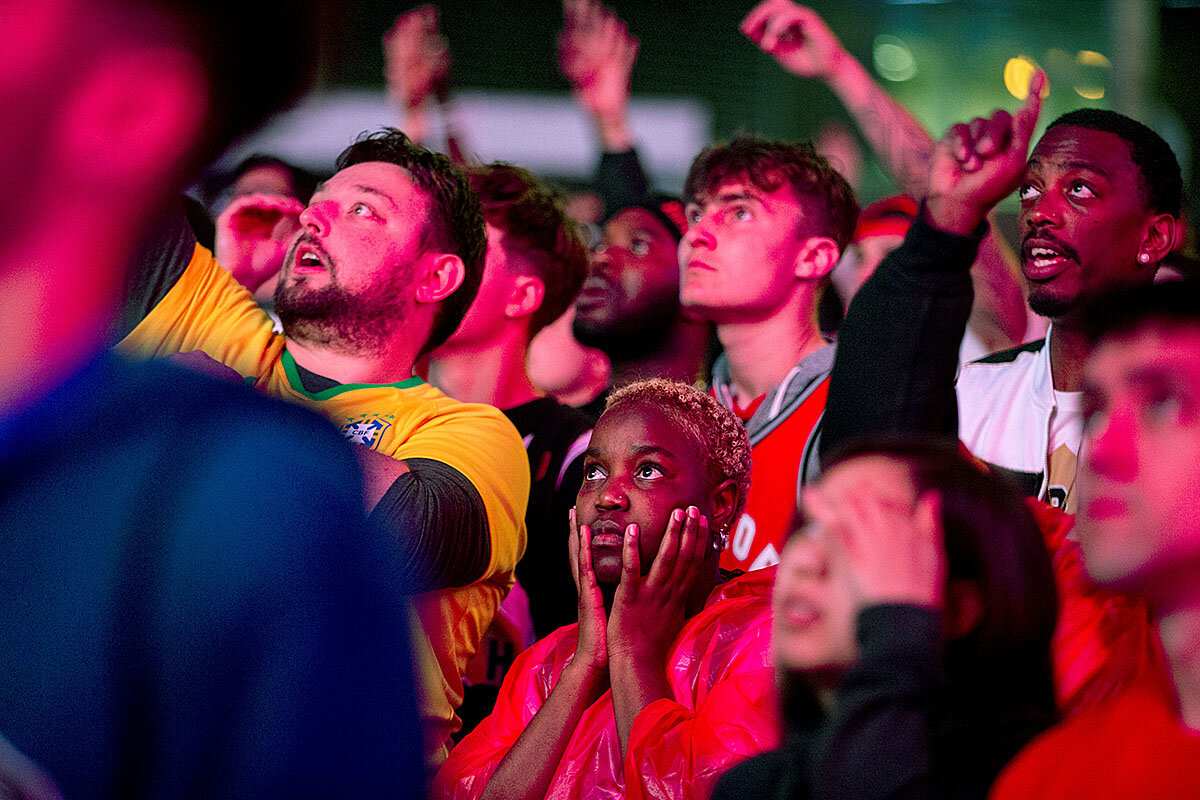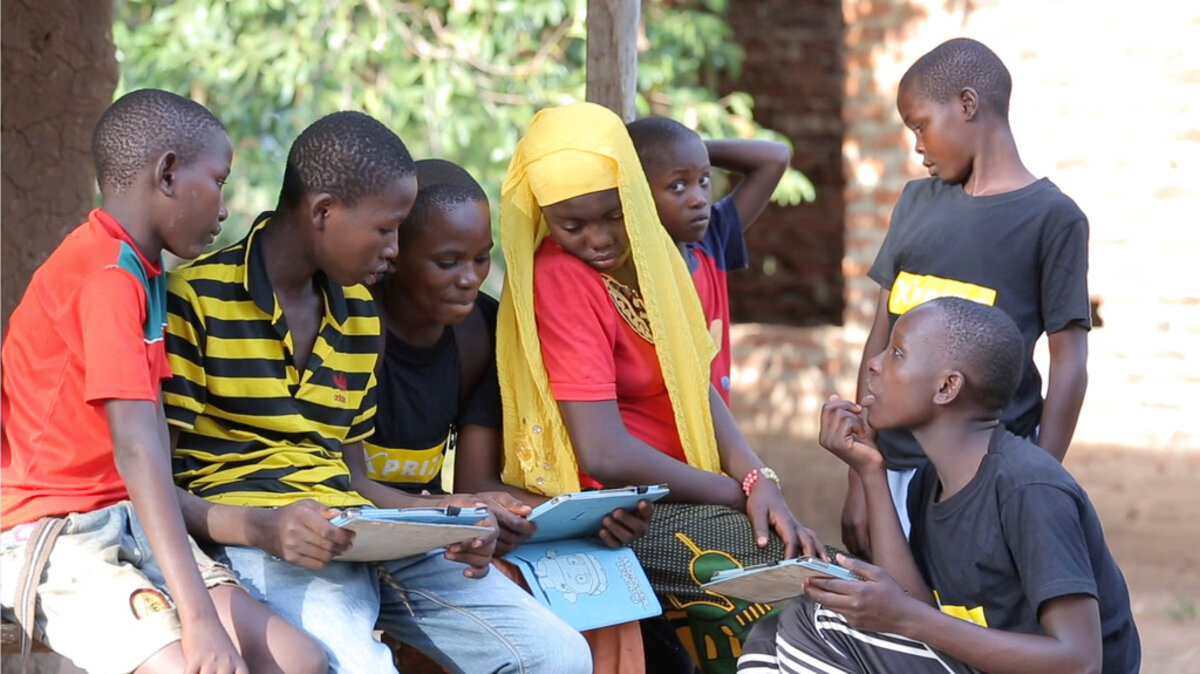One of the best indicators of progress for the world is its children. Are they smarter, healthier, better protected than in the past? Or as a politician might ask on the campaign trail, “Are your kids doing better than you had it as a child?”
It turns out, according to a report released this week by the charity group Save the Children, hundreds of millions of kids are dramatically better off today than children in 2000.
The report documents massive progress in many areas: 44 million fewer children are stunted by malnutrition today compared to 2000; 115 million fewer children are out of school today; 94 million fewer children are now forced into work; and there are 11 million fewer child brides today compared to 2000.
Humanity, in other words, has expanded its view of the worth of each child. And that expansive view can keep informing ongoing debates about children, such as their safety at school, their privacy online, and perhaps the revived debate over abortion in the United States.
The stunning improvements worldwide mean that children born today have a better chance than at any time in history to grow up healthy, educated, and protected with the opportunity to reach their full potential, concludes Save the Children in its “2019 Global Childhood Report.”
The report lists many factors behind this improvement. While economic growth has been important, much of the progress was driven by government policy and a range of investments that raised living standards and safety for children in some of the world’s poorest countries.
Sierra Leone, for example, achieved big gains for children only two decades after a horrible civil war and a few years after a terrible Ebola outbreak. Rwanda has made similar improvements in the 25 years since a genocide. The list goes on, with the “most improved” including Ethiopia, Niger, Burkina Faso, Angola, Guinea-Bissau, and many others in Africa as well as in Central Asia, South Asia, and Asia.
Even though more children are suffering due to conflicts than in 2000 – such as in Yemen and Syria – there has been more collaboration to improve the lot of children in war zones.
One big driver of the advances was the global agreement signed in 2000 called the Millennium Development Goals. It brought wealthy and poor countries together in a coordinated strategy to accelerate change. Strong national leadership in a range of developing countries played a key role. These countries wisely invested in social programs and improved their capacities in education, water, sanitation, and other areas. They worked well with foreign donors and international agencies. Simultaneously, global assistance doubled since 2000 with strong evidence that much of the aid helped spur progress.
Save the Children also concludes that the progress in empowering women and girls along with increasing the presence of women in leadership roles had positive impacts. Finally, the report argues that new information technologies, such as social media, greatly facilitated economic growth and programs focused on children. Global norms and practices were lifted up.
The report rates 176 countries, not just the poorest. The top 10 countries where childhood is most protected are Singapore, eight countries in western Europe, and South Korea. The U.S. comes in at 36, tied with China. Russia is only two below at 38. A look at other countries ranked near the U.S. (Bahrain, Belarus, Kuwait, Bosnia-Herzegovina, Kazakhstan, and Qatar) suggests there is much work still to be done in America. Yet, the report also notes improvements in the U.S., with the rate of teens giving birth dropping by more than half since 2000 and school dropout rates falling by nearly two-thirds.
The rankings also identify countries where childhood is most endangered, mostly in Africa, as well as the only three countries where children’s well-being declined – Syria, Venezuela, and Trinidad and Tobago.
The vital message is that well-informed leadership investing in children can produce good results in a relatively short time. Children represent not only the future. They are also a window into humanity’s improved understanding of what generates progress.
 Kim Campbell
Kim Campbell










